Igor Artemyev: ‘Stock exchange bridges with Islamic countries cannot be established without AAOIFI’
The president of the St. Petersburg Exchange expects suppliers from Iran and Malaysia to join by the end of this year
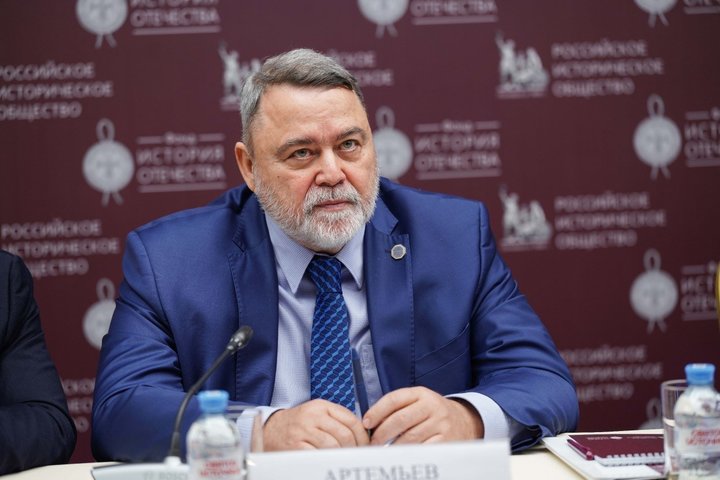
The St. Petersburg International Commodity Exchange is negotiating with friendly countries to create a unified exchange market within the framework of the EAEU+, with Muslim states being the first to respond to Russia’s initiative. “Over the past year and a half, we have travelled around half the world. It turned out that 50–60% of the countries willing to join our exchange trading practice Islam,” Igor Artemyev, the president of the St. Petersburg International Commodity Exchange, admitted in an interview with Realnoe Vremya. By the end of 2025, the SPB Exchange plans to undergo an audit for compliance with Sharia norms and AAOIFI standards, after which it will be possible for suppliers from Iran, the UAE, Malaysia, Turkey, and other countries to join.
Mr Artemyev, a year ago the decision was made to create a unified exchange market within the framework of the EAEU+, and the commodity exchanges of the CIS countries agreed to adopt an international system of indicators (benchmark). How are relations with foreign countries developing?
“Intensive negotiations are currently underway with many Islamic countries. Recently, our delegation visited Kuala Lumpur, where we met with the management of the Kuala Lumpur Commodity Exchange. This commodity exchange mainly deals in rubber and palm oil. The fact that the Malaysian Prime Minister visited Moscow and then flew to Kazan demonstrates the country’s strong interest in expanding foreign trade, and exchange trading is indispensable for this,” he said.
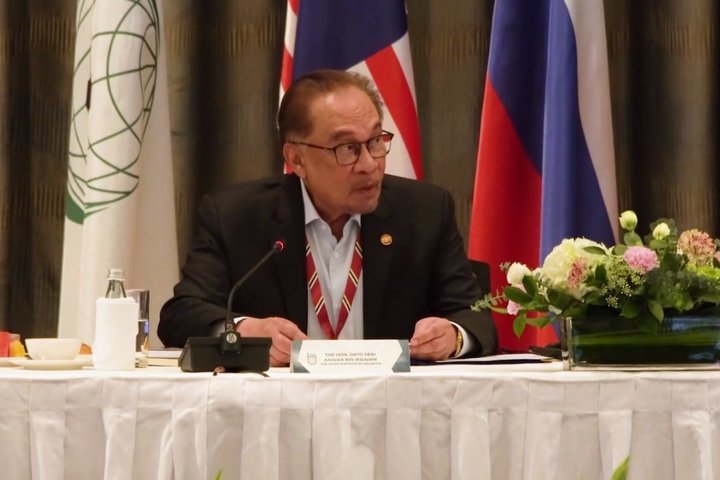
Our initiatives have also received support from other Eastern countries. Turkey, Iran, Egypt, the UAE, as well as other BRICS member states, have expressed their readiness to cooperate. Of course, friendly relations remain with Kazakhstan, Belarus, and Kyrgyzstan. We have met with representatives of the Indian and Pakistani exchanges within the BRICS and SCO frameworks. We continue to seek partners among African countries — these may include South Africa and Ethiopia. In the future, we see the possibility of unifying exchange trading among the BRICS states.
What is your vision for organising exchange trading between countries separated by large distances?
We have a very simple idea: to build exchange bridges with friendly countries, ensuring technological compatibility of the trading and clearing systems, that is, settlements for produced and delivered goods on a global scale. Constantly operating channels of exchange internet trading between countries will help ensure growth in foreign trade turnover. The technological foundation of the system will be the SPX information-analytical platform — an in-house development of the St. Petersburg Exchange.
Exchange trading is a safe method of selling goods with a clear and impeccable form of settlement. It is even surprising why the virtual format was rarely used before in relation to export-import operations on the exchange. By the results of 2024, the exchange turnover amounted to $25 billion, and overall for the group approximately $80 billion. We expect to increase this figure through cooperation with Islamic business.
Is the St. Petersburg Exchange planning to obtain a Halal certificate?
Yes, when cooperating with Islamic exchanges, it is necessary to adhere to the AAOIFI standards accepted in the Muslim world. By the end of 2025, the exchange plans to undergo an audit for compliance with Sharia norms and obtain a certificate that will be convertible and recognised by the international community. Additionally, AAOIFI Sharia experts will monitor compliance with the standards on an ongoing basis.
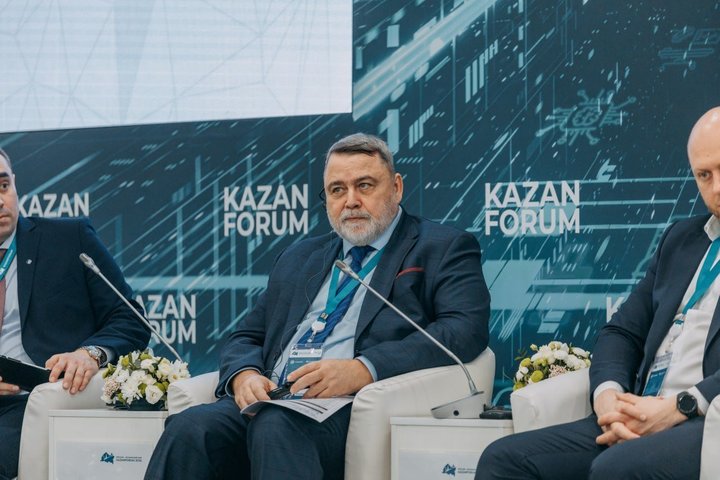
A comprehensive set of measures is in place to verify transactions, contracts, and any business activities for compliance with Sharia standards, aiming to prevent violations. This control is divided into external and internal Sharia supervision. External Sharia control involves checking the compliance of the business concept, contract forms, and transactions with Sharia standards; it is conducted periodically as needed, based on information obtained from internal Sharia control (for example, approval of new contract forms, selection of new business directions, etc.). Internal Sharia control consists of regular monitoring of ongoing activities for compliance with Sharia standards, based on information provided by the client.
Undergoing a Sharia audit is not difficult for us because the very nature of a commodity exchange aligns closely with its principles. Firstly, we trade real physical goods (oil, grain, fertilisers, and other resources), which eliminates the possibility of speculation. Secondly, prices reflect the principle of fairness, as they are determined by supply and demand. Thirdly, there are no high risks involved.
Transactions are conducted based on purchase and sale agreements, with prices determined through competitive bidding. Sellers participate in the auction anonymously. No one knows who is selling or buying from whom. Participants are in intense competition and can move prices up and down. This aligns with the principles of fairness outlined in the Quran. We hope that after confirming compliance with AAOIFI standards, it will be possible for suppliers from Iran, the UAE, Turkey, and other countries to join.
What countries actively trade on the St. Petersburg Exchange?
The majority of transactions take place with our closest neighbours — Belarus and Kazakhstan. At the upcoming SPIEF 2025, we will continue signing agreements with commodity exchanges of countries interested in creating an international association of commodity exchanges. The primary goal is to establish permanently operating teams so that those who wish can trade with each other. In this way, cross-border barriers will be significantly reduced.
The second goal is to conduct trading operations based on market prices formed through exchange trading. We aim to establish a global financial agency within the BRICS+ framework.
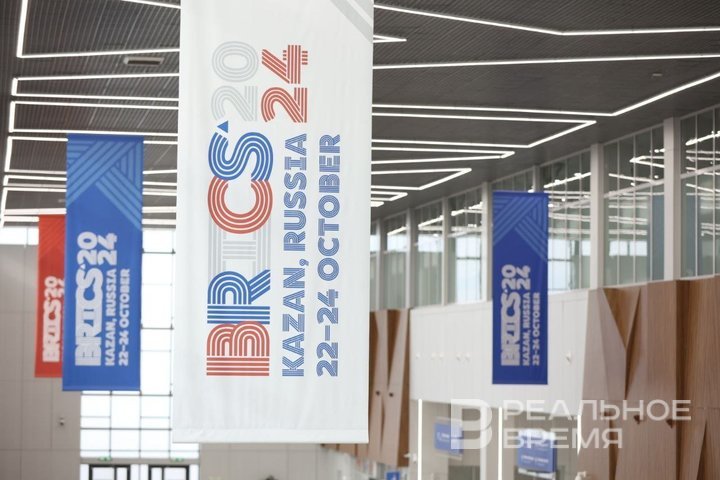
But to accomplish this complex task, it is essential to unite with India, Iran, China, and other countries. Only then will we be able to create an alternative product.
On the other hand, for exchanges, there are no distances, no language barriers. It is a service that opens access to different market segments. These are trigger zones. If you don’t know how to start trading with Russia, this is your entry point. Go to the exchange in your own country, and from there you gain access to the exchange in Moscow or St. Petersburg. A seller does not need to have deep knowledge of another country’s legislation — the exchange guarantees the terms of sale.
What currency will be used for settlements?
Firstly, there is the option to conduct settlements in rubles, which is the most favourable solution for us. Secondly, currency pairs such as the ruble–yuan and others are also possible.
Will the buyer choose the currency?
No, the exchange will inform participants of the available payment options, ensuring the security of the transaction. Naturally, we work closely with Russian banks — Sberbank, VTB.
What kind of producers are you inviting?
We operate in the B2B segment with legal entities. These are large-scale wholesale transactions. Initially, we started as an energy exchange, trading oil, gas, and metals. In recent years, procurement has diversified — construction materials and agricultural products have appeared. We are increasingly striving to become a universal exchange.
Are you concerned about a conflict of interest between Russian and foreign producers, given that they operate under different economic conditions? It's enough to mention that the key rate of the Central Bank in Russia is 21%, while in China it’s 3%.
The exchange is a great equaliser. Russian goods are being exported with great success — we’re talking about grain, oil, and petroleum products. Doing it through the exchange is faster, safer, and more efficient, and companies will earn more money.
Are delivery issues discussed when concluding a contract?
Selling a product also involves logistics: how to get the goods to the buyer? The exchange has unique experience in this. For certain categories of goods, the system of the Russian Railways Commodity Supply Operator (RZD CSO) is in place.
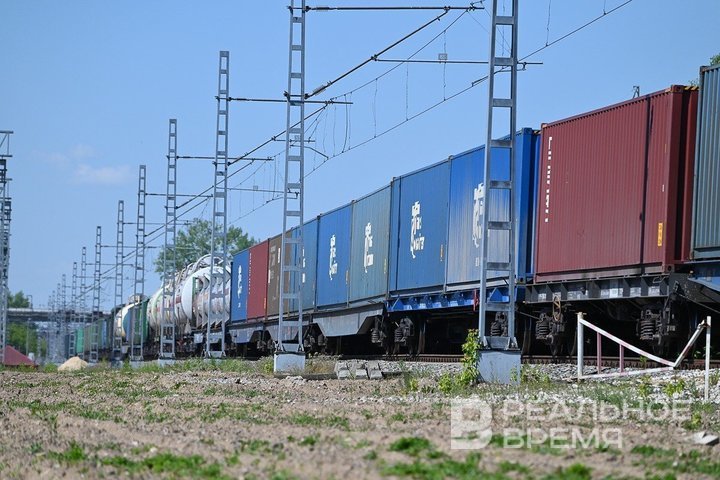
What does this mean? After a transaction is completed on the exchange, the RZD Commodity Supply Operator (CSO) generates a GU-12 form, which includes the CSO marker, contract number, and requisition details. The buyer does not have to run around with paperwork or search for delivery options. The cost of transportation is calculated by the supply operator based on Russian Railways tariffs and wagon operator rental rates.
Are we talking only about Russian Railways?
When it comes to the supply of oil and petroleum products via pipeline transport, the functions of the Commodity Supply Operator (CSO) are carried out by the CSO of Transneft PJSC. For gas supplies, it’s the CSO of the Fuel and Energy Complex (Gazprom PJSC), and we are grateful to these major companies for that.
We're also discussing transportation by water, with transshipment in sea and river ports. But it’s not easy to implement, although we are engaging with stevedoring companies and ports.